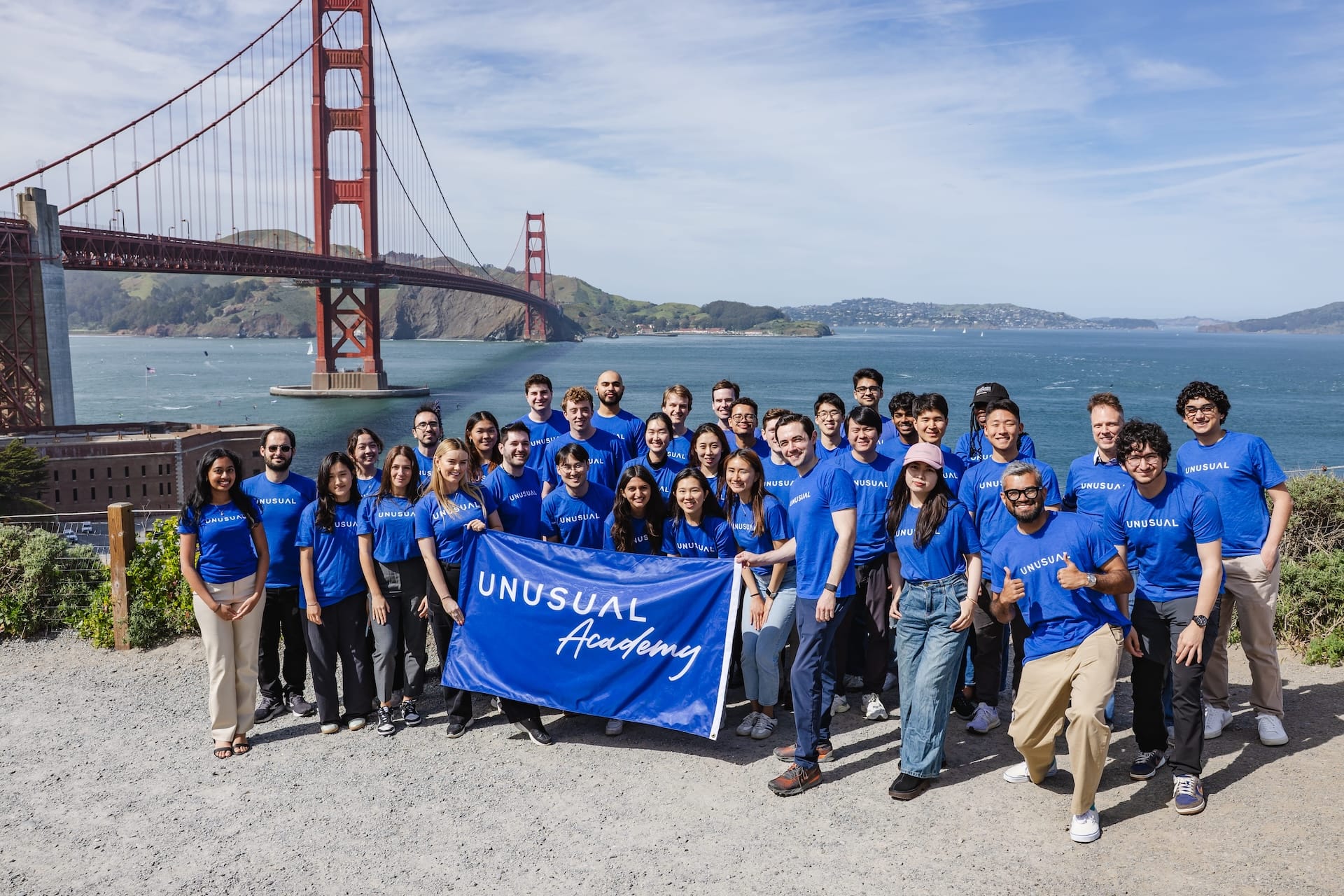Over the last few years, we’ve seen community management evolve from a poorly understood, nice-to-have function into a truly practitioner-defined element of business that impacts every level of a successful, product-led company. Amplified by the isolation imposed by the pandemic, community has become a critical component of survival for companies of all sizes as they struggle to reconnect with their users in the new, virtual world.
In my new role as Sr. Director of Community at Unusual Ventures, I get to work with, hear from, and teach the future leaders of our industry about building community into the DNA of their companies from the very beginning. Anyone working with a developer audience knows the pain of trying to reverse-engineer a community strategy from an existing (and probably stagnating) go-to-market (GTM) strategy. It generally involves trying to change the core fundamentals of how your business functions, including how your employees engage with your product users and developers. It requires rethinking how you intake product feedback, process bug reports, implement feature requests, and provide support.
Moreover, businesses are realizing that the main influencers for buy decisions are no longer the C-Suite executives, but the developers who will make recommendations based on their personal experiences with products and tools. This knowledge drastically changes how we must think about the sales cycle, product and brand awareness, and developer adoption and affinity. For a product-led business, it’s easy to see how the old GTM model is unsustainable in today’s developer-driven ecosystem and how community-led growth is the future.
When I joined MongoDB, the company had lost sight of the community connections that had earned them their success. The investment in developer relations and community building had dwindled as the company pivoted hard towards a more traditional enterprise sales and marketing strategy. Fortunately, the executive team realized that they had lost their way and began to reinvest in the developer community. This meant that we were able to take a scattered set of community channels, like Google email lists, stray StackOverflow threads, and abandoned Meetup.com groups, and bring them together into a cohesive community experience. As a result, we brought together over 10,000 new members in the first year in discussion forums and community-hosted virtual meetups at the height of the 2020 COVID-19 pandemic. This community-led model allowed MongoDB to continue to develop new product offerings and features, and to expand their revenue during a time when other businesses were shutting down because they were unable to connect with their customers anymore.
I was very lucky to have a community of users at MongoDB that was anxious to stretch their community-building wings and a very robust set of resources at my disposal. Not every product comes with built-in advocates and not every founder finds community investment intuitive, so it can be challenging to decide where and when to invest in building your startup community. While I expect to contribute heavily to our Field Guide for entrepreneurs on the topic of community building, I do want to share a few quick tips to get you started:
- Build trust-based relationships with other humans. Regardless of where you are in your entrepreneurial journey, you must build your community presence now. Work on building your reputation and legitimacy in the community that you plan to serve. Trust is the key factor in community success.
- Go to your community first and become known. Find where your community chooses to gather (it exists today already, or you wouldn’t have potential customers for your product!) and begin to provide value to that community. This generally takes the form of sharing knowledge freely: answering questions, writing blog posts, participating in events, speaking at conferences, etc.
- Measure what matters; cut the noise. Connect your community work to your business outcomes. Start with your top level company objectives. Build community goals that support those objectives. Then, track and analyze the metrics that actually matter. You can measure a million different metrics, but if the data is not actionable and relevant to your goals, it’s just noise.
- Be human. Show up as yourself, not your company’s brand. Listen with empathy, respond honestly and transparently, and be genuine in your intentions. Don’t overpromise and underdeliver. Be consistent, trustworthy, and humble. Give knowledge freely and without expectation of returns.
The opportunity to meaningfully contribute to the evolution of my profession is one of the main reasons I am excited to join the Unusual Ventures team. As our name promises, we have an unusual approach to supporting startups and founders. The team is committed to the success of their portfolio companies through education and partnership with founders. The firm’s singular focus is on how best to support innovators, dreamers, and builders, so they can turn their ideas into functioning, profitable companies.
I now get to work with the Founder Services team to build new experiences, resources, and benefits for our founder community, while also helping to model and define the future of the community management profession. I love working with founders because I not only get to help our founders build amazing communities of their own, I’m also working to establish a new working model for success in our industry. I’m looking forward to meeting each and every one of you, and to help make your dreams a reality as we set out on this journey together.
Sign up for our newsletter to stay tuned in mid-December for a live discussion on community best practices and to say hello to me and your fellow community members!
Lorem ipsum dolor sit amet, consectetur adipiscing elit. Suspendisse varius enim in eros elementum tristique. Duis cursus, mi quis viverra ornare, eros dolor interdum nulla, ut commodo diam libero vitae erat. Aenean faucibus nibh et justo cursus id rutrum lorem imperdiet. Nunc ut sem vitae risus tristique posuere.
.png)






.png)


